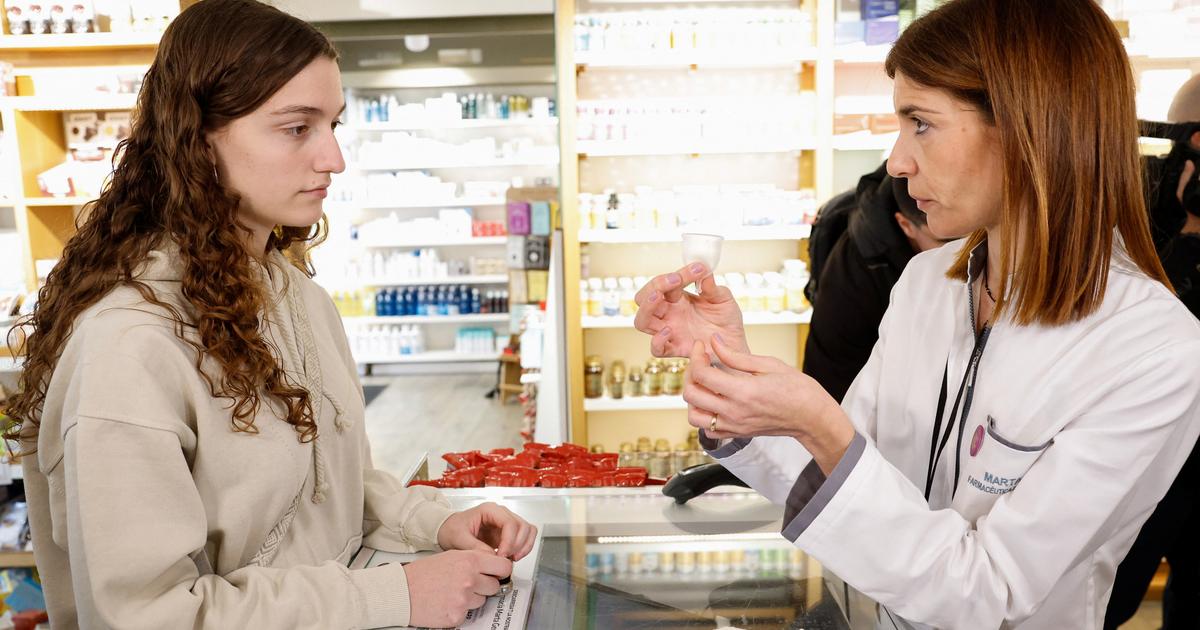How can reusable tableware assert itself in everyday life?
In the community center in Grasbrunn, representatives of communities and restaurants from the district as well as several providers of reusable crockery deposit systems have now met to exchange information.
District
- The corona crisis has additionally fueled a long-standing trend, but it also offers the chance to turn it around for a positive. Pizza boxes, styrofoam bowls welded with aluminum, paper cups for coffee or ice cream: 280,000 tons of one-way rubbish accumulate every year in Germany due to disposable packaging, offers such as “to-go” or “take-away” even have these numbers at ten during the pandemic Let percent increase.
In order to literally clear this up, representatives from communities and restaurants from the district as well as several providers of reusable crockery deposit systems met to exchange information in the community center in Grasbrunn.
The goal is "a fantastic morning", as Franziska Pauley from the market leader Rebowl / Recup put it: "In view of the overflowing rubbish bins, we want to get rid of one-way!"
Legal reusable obligation
From January 2023 there will be a statutory reusable obligation for restaurants and delivery services anyway, in the district they want to prepare for it in good time.
“We started the topic in 2019,” recalls Grasbrunn's Mayor Klaus Korneder.
The response back then: poor.
Now, however, there was an intensive intercommunal exchange.
Korneder: "I am pleased that there is now so much interest in the catering industry."
+
Maximilian Popp from “reCircle” in conversation with Cornelia Wiesmeier and Anna Lambrecht from the Unterhaching community.
© Dieter Michalek
Reuse 200-300 times
The basic idea is clear, reusable instead of disposable. "With 200 to 300 uses", calculates Leon Vornholt from the provider Vytal, the service life of the food container is in practice. They are "climate-neutral from the tenth time they are used", and when they are no longer suitable for daily use, new containers are created from them in the recycling process. Maximilian Popp from reCircle quantifies how this works: “With our reusable tableware, for which we even offer cutlery, we save 108,000 one-way packaging nationwide every Monday.” There is no question that this is good for the environment.
But reusable instead of disposable in a throwing company: What does that mean for customers and restaurateurs?
At the small eco-congress in Grasbrunn, Bernd Schätzl from the restaurant "Reil's" in Putzbrunn reported on his experiences, especially from the corona crisis.
"The cardboard dishes piled up for months, costing one euro per meal. The customers were annoyed and so were we, because the one-way packaging requires a lot of storage space."
Significantly reduced packaging costs
With the introduction of Vytal's digital deposit system, “Reil's” was able to reduce packaging costs by around a seventh compared to single-use ones - “We take over these cents,” says Bernd Schätzl.
Because Siemens is a large corporation using the same system, “our customers can also hand in their dishes there in the canteen or vice versa”.
Conclusion of the restaurant operator: "The customers are enthusiastic."
+
The vendor “Vytal” promises that the containers can be reused up to 300 times.
© Dieter Michalek
Similar containers, different systems
In addition to Vytal, reCircle and Rebowl / Recup, whose representatives gave short keynote speeches in Grasbrunn, there are other providers such as Relevo, Fairbox or Tiffin Loop. The containers are similar, the systems differ. Vytal, for example, relies entirely on a digital offer with QR codes on the containers and an app "in which the customer, packaging and order are linked," as Leon Vornholt explains. "This lightness of the system makes reusable as easy and convenient as disposable."
Rebowl / Recup and reCircle, on the other hand, work with a classic deposit system (digital concepts are in preparation), in which payment and reimbursement is made for each use, between one and ten euros, depending on the container size.
Restaurateurs, on the other hand, pay a system fee, on the Rebowl / Recup website "you can calculate your savings potential for the environment and dishes," says Franziska Pauley.
+
The information event in the community center met with great interest from restaurateurs and community representatives.
© Dieter Michalek
The deposit system lives from the movement
Regardless of whether it is digital or analog, a deposit system lives from movement.
Buy a meal in a restaurant, eat it in the office or at home, return dishes without washing.
This works, as shown by a return rate of over 99 percent at Vytal;
the average "dwell time" of the reusable tableware with the consumer is two days and 17 hours.
As a side effect, customer loyalty to the catering business will be increased, because reusable systems pulverized the way of thinking "out of sight, out of mind".
The providers also react quickly to trends, including reusable pizza boxes will soon be available;
Ice cream stays nice and cold in double-walled cups.
+
Gastronom and provider: Bernd Schätzl (left) from the “Reil's” restaurant in Putzbrunn gets information from Leon Vornholt about “Vytal”
© Dieter Michalek
Municipalities help with funding
“The introduction of such systems”, knows Maximilian Popp from reCircle, “does not go ad hoc, but is a process.” One that the municipalities sometimes push with funding;
In Haar, for example, restaurateurs are subsidized with 500 euros, in Unterhaching they are still thinking about a program.
The culinary take-away business, in other words “take-away food”, now offers “the chance for a new path”, believes Ansgar Sommer, chairman of the Haar / Trudering local association at the Bavarian Trade Association.
“Everyone is talking about climate neutrality, grandchildren’s justice and the conscious use of resources.” This must also be reflected in the sustainable use of dishes.
Whereby summer takes the catering sector broadly: “This also includes the baker, the butcher, the ice cream parlor, the gas station.” For everyone, businesses and customers in unison, there is now “the opportunity to position themselves for the future”.
The more people participate, the better for everyone.








